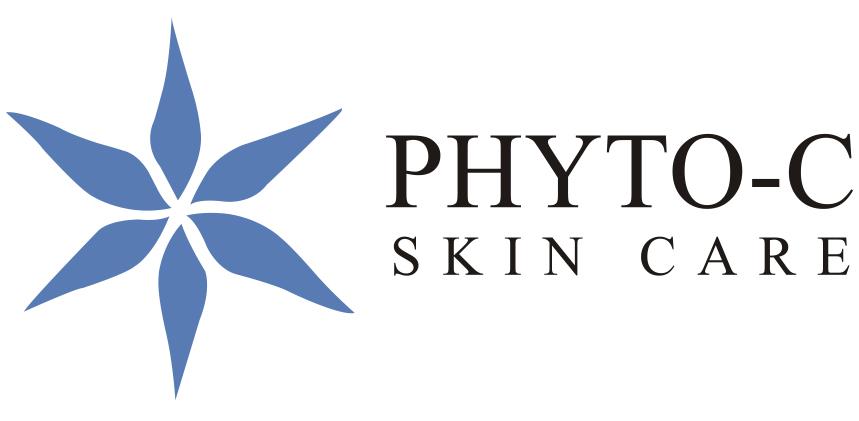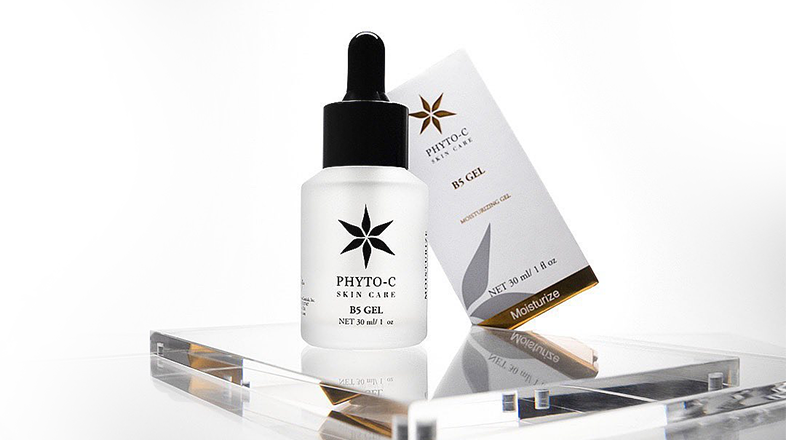A healthy diet and effective skincare regimen are both crucial in maintaining a glowing complexion. Lacking in either one will lead to skin issues and insecurity. Eating leafy greens and avoiding processed sugars and carbs are not enough. It is important to have a diverse option of high-quality food with a variety of vitamins and nutrients. These foods are often overlooked, but you can include them into your diet to improve skin health.
What to Eat for Better Skin
A healthy diet and effective skincare regimen are both crucial in maintaining a glowing complexion. Lacking in either one will lead to skin issues and insecurity. Eating leafy greens and avoiding processed sugars and carbs are not enough. It is important to have a diverse option of high-quality food with a variety of vitamins and nutrients. These foods are often overlooked, but you can include them into your diet to improve skin health.
Nuts and Seeds for Skin Health
Dry skin is a problem we face as we age. Skin that loses moisture emphasizes fine lines and wrinkles. Using the right skincare, staying hydrated, and supplementing your daily diet with the right nutrients can help maintain healthy skin. Nuts and seeds contain healthy fats and vitamins that help combat the ravages of aging skin.
Walnuts
Walnuts are an excellent source of essential fatty acids for your skin. These plant-based fats are effective at reducing inflammation and preventing inflammatory diseases. Walnuts hold one the highest volumes of omega-3 and omega-6 fatty acids among nuts.
Even though a diet too rich in omega-6 (common in Western diets) may become proinflammatory, studies show that omega-3 in walnuts helps to modulate the proinflammatory effects. This makes walnuts a more efficient source of fatty acids when compared to grains and are a good source of zinc and protein.
Sunflower Seeds
Sunflower seeds are densely packed with vitamin E and selenium. Vitamin E is an antioxidant that helps the skin lock in moisture and improve collagen production. Selenium is another vital antioxidant that protects the body’s cells from damage caused by free radicals and harmful UV rays. One ounce of sunflower seeds provides about half of the daily value needed for both selenium and vitamin E.
Meat sources for Great Skin
Certain meat sources are known for aiding skin health. The high protein content in meats alone help strengthen and repair skin tissue. Many non-meat options can provide protein and higher amounts of nutrients for skin, but a balanced diet including a few animal products can improve your skin.
Salmon and Fatty Fish
Fatty fish are exceptional food items for healthy skin because of their omega-3 fatty acid content. Salmon, mackerel, herring, and sardines are all examples of these fish. Many fatty fish acquire their omega-3 due to their diet of algae. Therefore, it is important to find wild caught sources of these fish rather than the grain-fed farmed varieties (richer in omega-6). Salmon in particular is known to be a good source of zinc which is helpful in regulating inflammation. Selenium and vitamin E are powerful antioxidants also found in salmon.
Veggies and Fruit for Healthy Skin
Fruits and vegetables are a goldmine for skin nutrients due to their abundance of vitamins, healthy fats, and antioxidants. The fiber content available in plant-based diets helps eliminate the body’s waste and toxins. This helps prevent inflammation that causes skin issues like acne, eczema, and clogged pores to proliferate.
Sweet Potatoes
An essential nutrient for skin health in sweet potatoes is beta carotene. The body converts beta carotene into vitamin A, a powerful antioxidant. Foods high in vitamin A help moisturize and protect the layers of your skin, support the immune system, and prevent breakouts.
Fruits and Berries
Fruits and berries are shown in studies to contain an abundance of ascorbic acid (vitamin C) and healthy plant compounds. Strawberries and oranges hold generous amounts of vitamin C necessary for the production of collagen to improve the elasticity of the skin. Vitamin C is also a potent antioxidant important for preventing fine lines and wrinkles. Blueberries and blackberries in particular are rich in phenolic compounds (plant antioxidants) that help protect skin cells from damage.
Dark Chocolate
Dark chocolate provides flavanols and fair amounts of the mineral copper when eaten in moderation. Copper promotes collagen production and elasticity in skin. The flavanols (a type of antioxidant) found in dark chocolate can help protect the skin from the damages of free radicals. Cocoa beans are rich in antioxidants, but the manufacturing process of chocolate often renders the food’s benefits ineffective. When consuming chocolate, choose natural options with at least 70% cocoa for a higher concentration of antioxidants
The Importance of Skincare AND a Healthy Diet
Healthy skin can be accomplished by eating a balanced variety of food rich in nutrients and antioxidants. However, that is only half the battle. When foods are ingested, they are broken down by the stomach, which destroys many of the beneficial antioxidants meant for your skin. Therefore, it is important to apply topical antioxidants, such as vitamin C and hyaluronic acid, since it is just as vital to feed your skin from the outside with the right skincare products.
Phyto-C harnesses the power of natural, safe, and effective skincare supported by science. We are committed to developing the most advanced and effective formulas for all skin types. Our products undergo a series of clinical studies before they are released. Our skincare experts are more than happy to help you prevent, correct, and rejuvenate your skin and regain your confidence! Email us at info@phyto-c.com or call us at 1-877-4PHYTOC.
References
Pilkington, Suzanne M, Rhodes, Lesley E. “Omega-3 Fatty Acids and Skin.” Nutrition for Healthy Skin. Oct 2010, pp. 91-107.
Changwei Cao et al. “Diet and Skin Aging-From the Perspective of Food Nutrition.” Nutrients. 12(3), Mar 2020, pp. 870.
Vikøren, Linn A et al. “Effects of baked and raw salmon fillets on lipids and n-3 PUFAs in serum and tissues in Zucker fa/fa rats.” Food Nutr Res. 61(1), Jun 2017.
Williams, Stefanie et al. “Eating chocolate can significantly protect the skin from UV light.” J Cosmet Dermatol. 8(3), Sep 2009, pp. 169-73.
Kevers, Claire et al. “Antioxidant capacity of small dark fruits: Influence of cultivars and harvest time.” Journal of Berry Research. 4, 2014, accepted Dec 2013, pp. 97-105.
Dreher, Mark L. “Whole Fruits and Fruit Fiber Emerging Health Effects.” Nutrients. 10(12), Dec 2018, pp. 1833.




 Next Post
Next Post